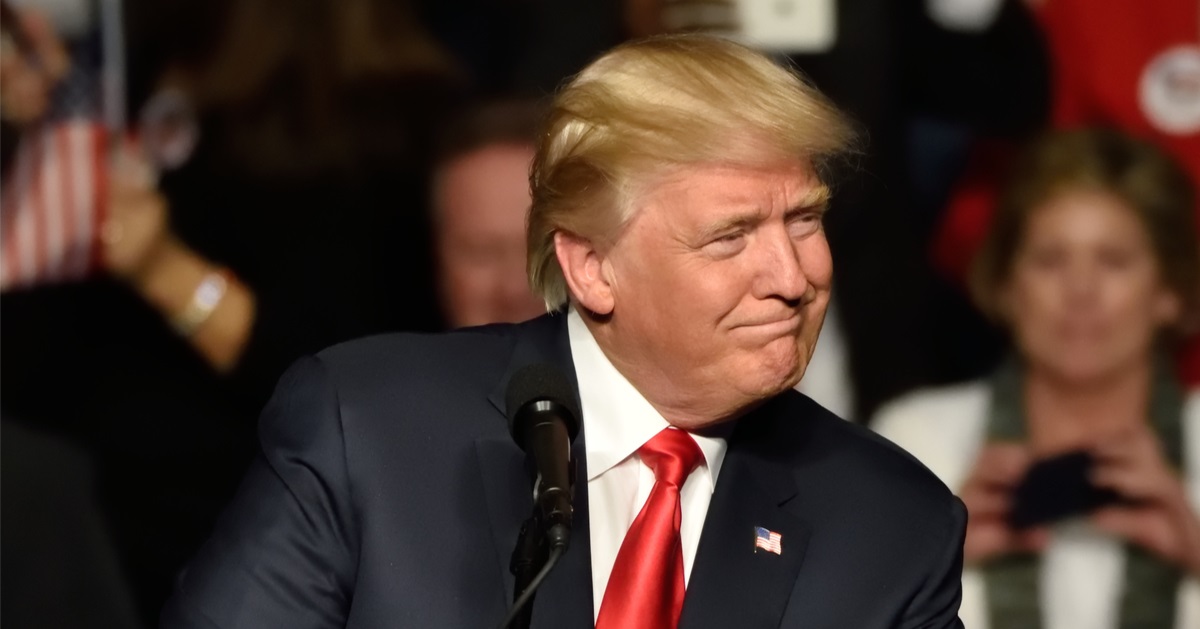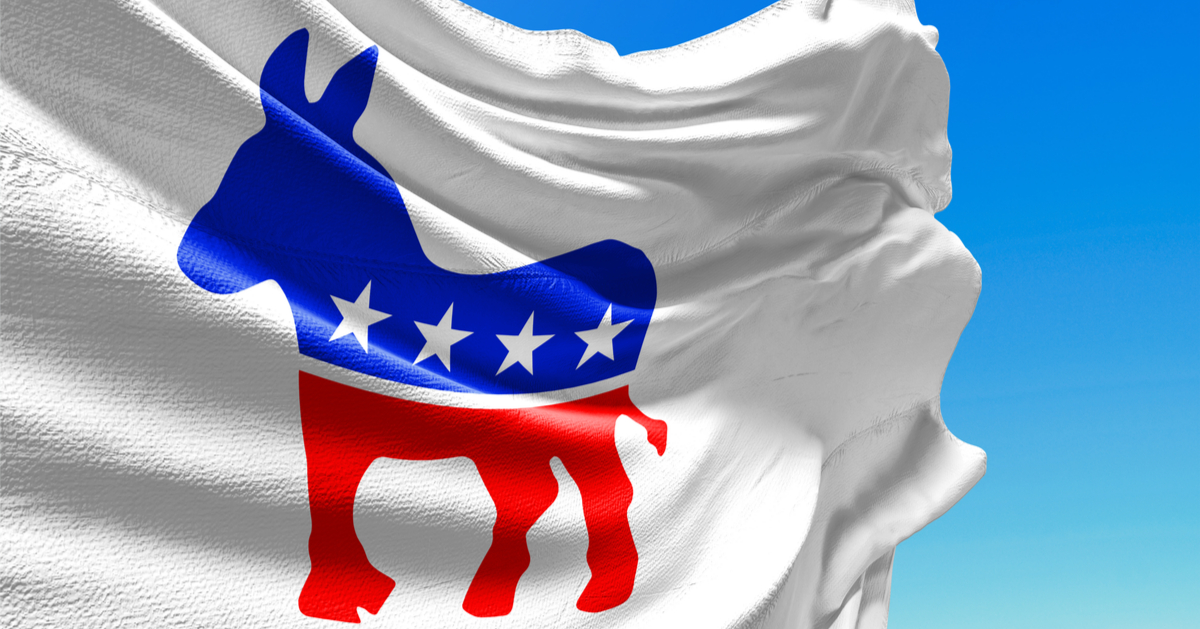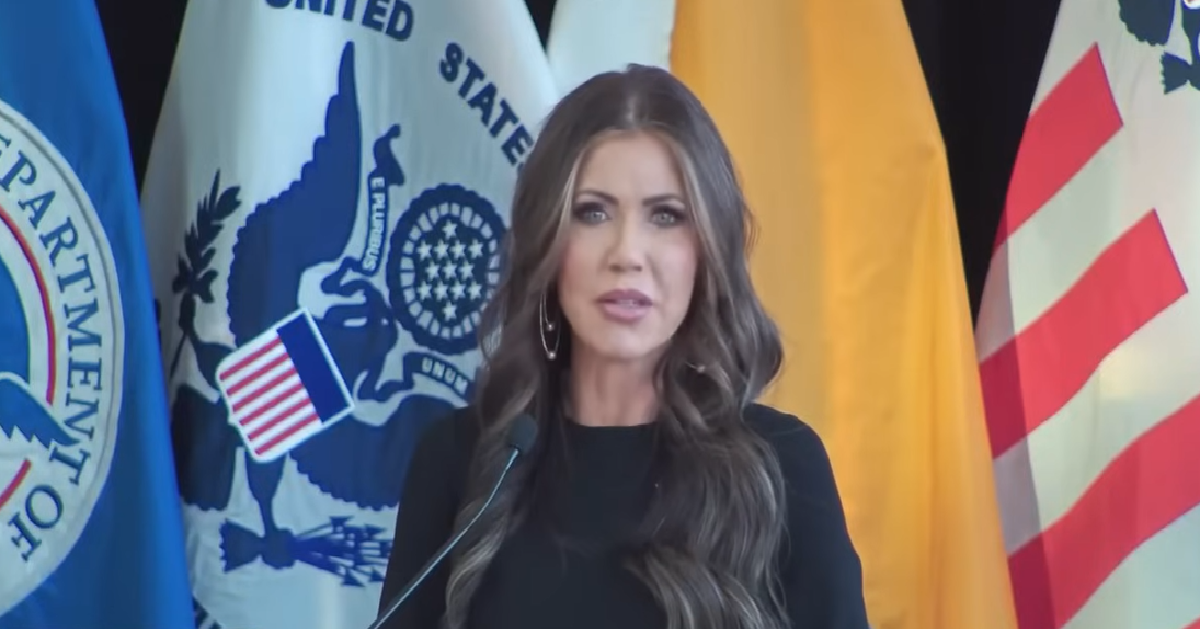'Not a good day in court' for NY AG James as appellate court considers overturning Trump judgment
A New York appeals court panel heard arguments last week on former President Donald Trump's massive civil fraud judgment, and by all accounts, the hearing did not go particularly well for New York Attorney General Letitia James, the virulently anti-Trump prosecutor who filed the lawsuit alleging years of business fraud.
Another Trump-hating former federal prosecutor, former U.S. Attorney Joyce Vance, later acknowledged that the hearing was "not a good day in court for Tish James" and that the appellate panel seemed poised for "an outright reversal" of the judgment, Newsweek reported.
Overtly anti-Trump New York Judge Arthur Engoron, who ruled that Trump was guilty and liable before the trial even began last year, in February ordered the former president and his namesake business to pay the state $354 million in penalties, which with daily accruing interest has since soared to nearly half a billion dollars.
"This was not a good day in court for Tish James."
Former U.S. Attorney Vance, in a podcast she hosts with fellow Trump-hating former U.S. Attorney Preet Bharara, discussed during a recent episode how the appeals court hearing went for the parties involved and offered predictions on whether the panel of judges would reduce or completely reverse Judge Engoron's judgment.
"My crystal ball is never very good on appellate courts. It sounds like an outright reversal, right, as opposed to a reduction," Vance admitted.
"Whether they'll ultimately debate among themselves and split the baby in some way remains to be seen," she added. "This was not a good day in court for Tish James."
Vance later said that appellate panels typically defer to the view of the "finder of facts" in a trial, in this case Judge Engoron, but noted that "that's not what this case is about now."
"It appears that these concerns are about legal theories and the way statutes were interpreted, and the appellate courts will take a fresh look at those issues and make up their own minds about whether they believe the trial judge got it right or wrong," she added. "So this is a verdict that's really in jeopardy based on what we heard at oral argument."
Judges ask whether fraud statute has ever been used like this before when no parties were harmed
According to Politico, New York prosecutors and Judge Engoron's judgment got a "frosty reception" from the five-judge appellate panel last Thursday and those judges repeatedly "voiced skepticism" about the legitimacy and size of the judgment against former President Trump and his real estate business.
As New York's Deputy Solicitor General Judith Vale delivered her opening remarks, she was soon interrupted by Associate Justice David Friedman as he asked whether the fraud statute at play had ever been used before "to upset a private business transaction that was between equally sophisticated partners," with Associate Justice Llinet Rosado jumping in to add "and little to no impact on the public marketplace."
Associate Justice Peter Moulton raised the "question of mission creep" on the part of AG James and wondered if the fraud statute had been "morphed into something that it was not meant to do?"
"Immense" judgment is "troubling;" AG James may have overstepped her authority
CNN likewise reported that the appellate hearing did not go well for New York prosecutors and highlighted how Justice Moulton said, "The immense penalty in this case is troubling. How do you tether the amount that was assessed by [Judge Engoron] to the harm that was caused here where the parties left these transactions happy?"
Justice Friedman at one point seemed to suggest that AG James overstepped her authority in bringing the fraud suit against Trump to defend an unharmed bank, and said, "It hardly seems to justify bringing an action to protect Deutsche Bank against President Trump which is what you have here. You have two really sophisticated players in which no one lost any money."
CNN noted that the appellate panel did not issue a ruling at the end of the hearing and, though possible, is unlikely to rule before the election in November. It was also pointed out that whatever the panel eventually decides can be further appealed to New York's highest court.






